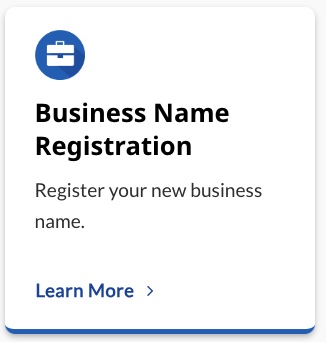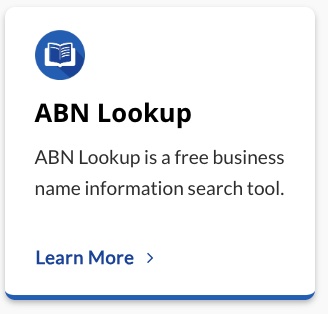Gathering data can sometimes be a daunting task. However, it’s essential for businesses to collect as much information as they can for several reasons: to understand their customer’s needs, to identify trends and make strategic business decisions. One tool that makes data collection easier and more effective is a data lake. But why is data collection so important?
Companies need data to provide insight into business activities, customer behavior, and market trends. Data helps businesses improve their strategies, which can result in increased profit and positive customer relations. In fact, data has become so vital that its lack can hurt a business’s competition level.
Now, what exactly is a data lake? Envision a large body of water that is continually filled with information from various sources. Just like a real lake, a data lake is dynamic, changing and adapting as new data flows into it.
A significant advantage of a data lake is that it can store different types of data, whether it’s structured or unstructured. As opposed to other systems that might only hold specific data types, a data lake can handle anything you throw into it, making it an invaluable tool for businesses.
While data lakes can feel overwhelming due to their vast nature, they certainly can be advantageous. They provide companies with a big picture view of their data situation, offering insightful observations that a smaller data pool would not supply.
However, a data lake is only as useful as its organization system. If companies don’t establish a way to keep their data lake organized and make the data easily accessible, the lake becomes more of a murky swamp than a clear, organization-filled lake.
To manage the data and prevent it from turning into a swamp, businesses need to employ the use of metadata. Imagine metadata as signposts that guide you to the exact information you’re searching for. They streamline the search process and make it easier for companies to find specific sets of data on demand.
To sum up, data lakes are a critical tool that businesses should consider. They can store all kinds of data and, with proper organization and the use of metadata, provide users with specific, in-depth information. This kind of efficient access can be the difference between a business thriving or merely surviving in the market. Remember, it’s not about merely collecting data, but using it effectively to drive business decisions and strategies.
Register your new business name at register.biz.au


